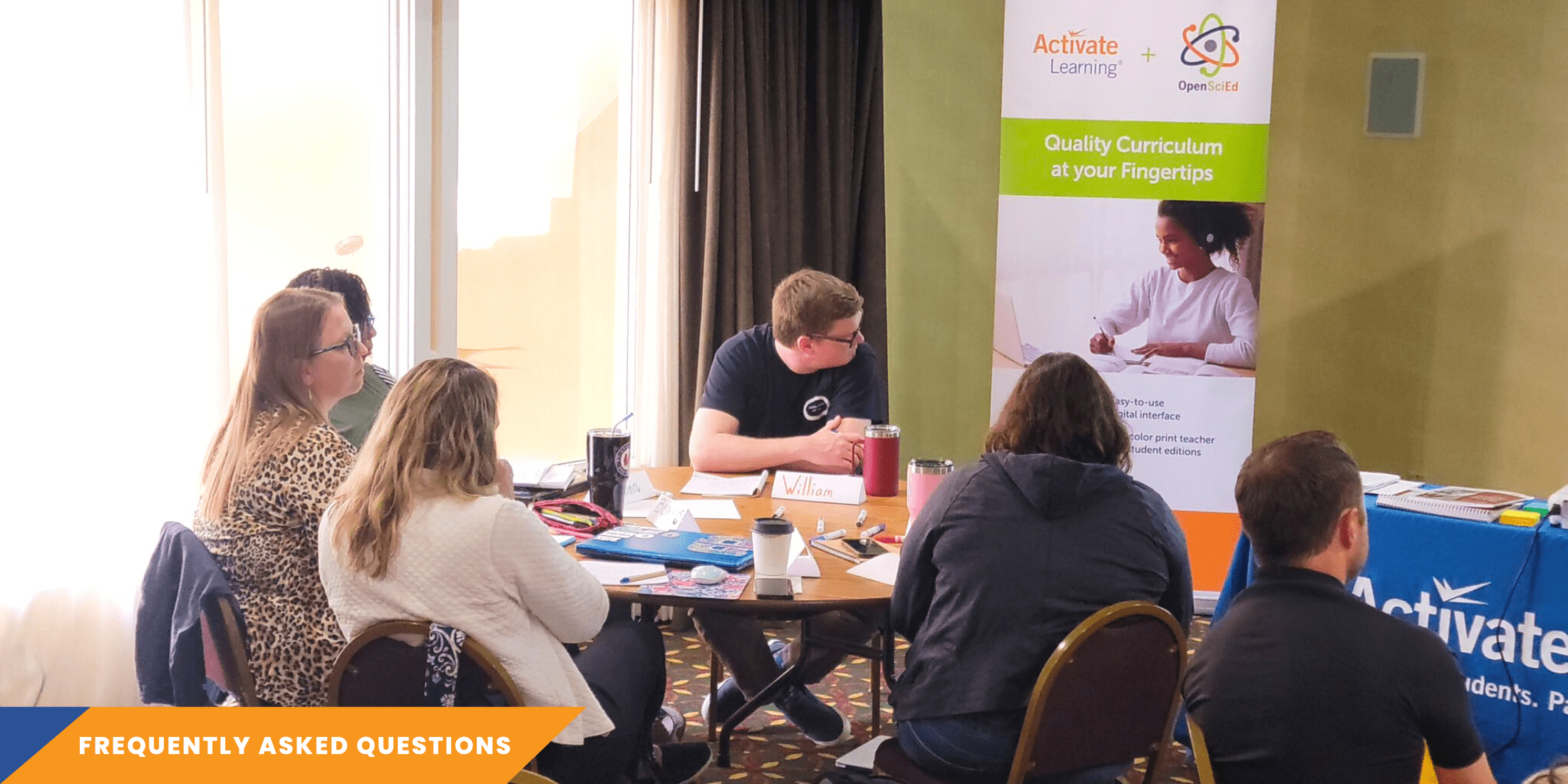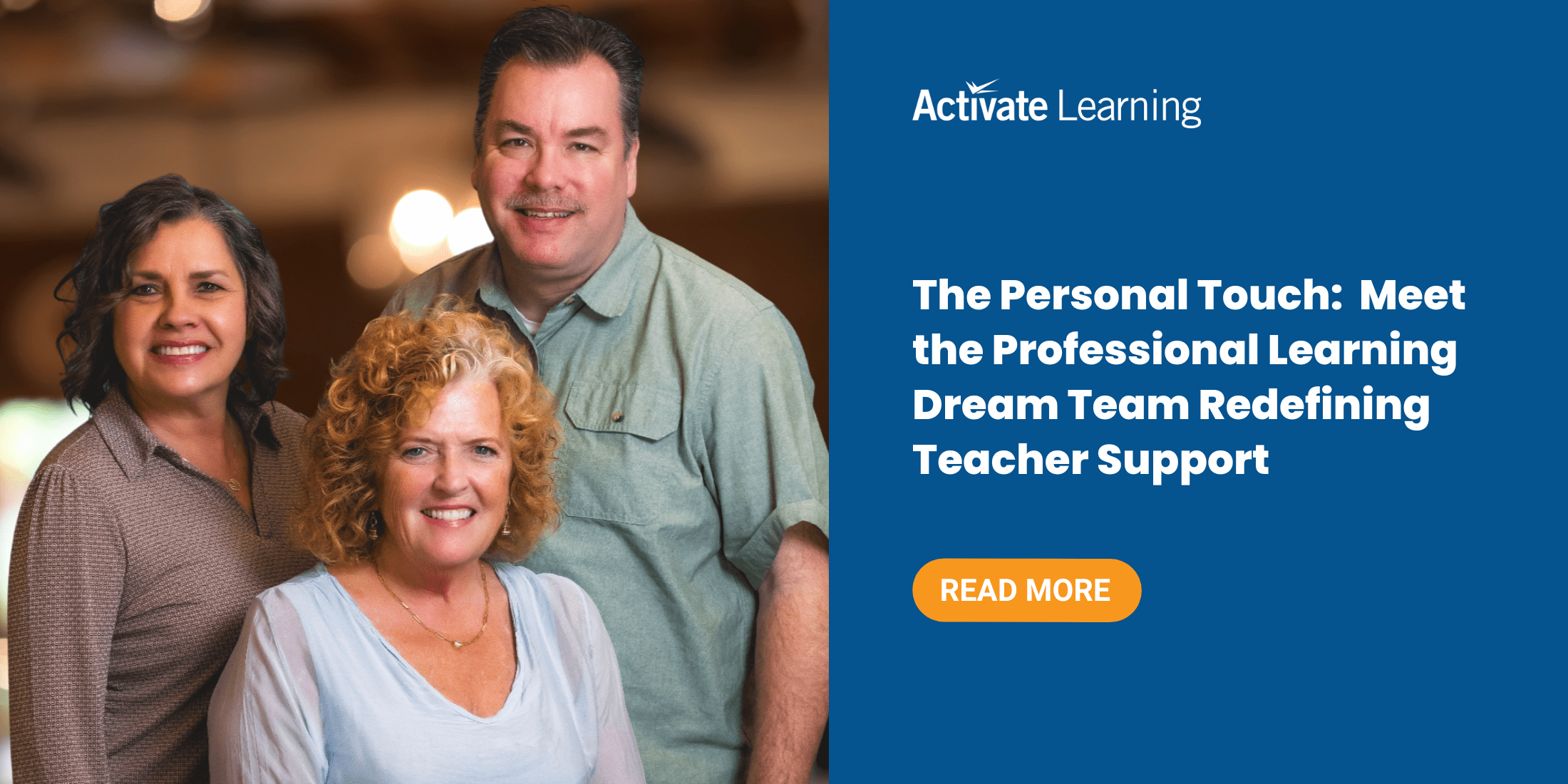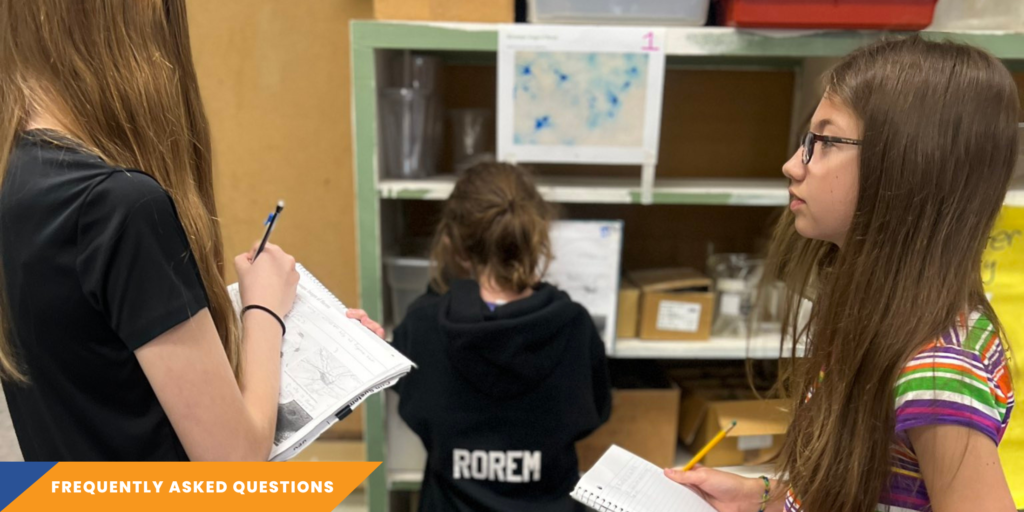What is a Community of Practice and How Does It Support 3-Dimensional Science Curriculum Adoption?
What is a Community of Practice and How Does It Support 3-Dimensional Science Curriculum Adoption?

Quick Take: A Community of Practice (CoP) provides a collaborative framework for teachers navigating the transition to a NGSS-aligned, 3-dimensional curriculum. By fostering peer-to-peer learning, sharing best practices, and building leadership skills, CoPs can empower science teachers to implement curriculum and build leadership skills successfully.
What is a Community of Practice?
A Community of Practice (CoP) is a group of educators who share a common passion, challenge, or goal and learn together through consistent, ongoing interaction. CoPs can support teachers transitioning from traditional teaching methods to a 3-dimensional curriculum aligned with the Next Generation Science Standards (NGSS).
CoPs are not just about collaboration and sharing best practices. They are a lifeline for educators in this transition, offering a platform to address common challenges and reduce the sense of isolation. This crucial role of CoPs can make the implementation process of 3-dimensional science curricula more manageable and enjoyable.
Implementing 3-dimensional curricula like IQWST, OpenSciEd, or Active Physics can be a heavy lift for educators. It represents a significant shift in instructional strategies that requires a deep understanding of the interplay between scientific practices, core ideas, and crosscutting concepts. Students are given ownership of their learning journey. Teachers facilitate this transformative experience with students.
Communities of Practice offer a platform for educators to collaborate, share best practices, and address common challenges in this transition. This reduces the sense of isolation and makes the implementation process more manageable and enjoyable. Through highly personalized professional learning workshops and targeted Community of Practice sessions, teachers can effectively build their confidence with these curricula and develop leadership skills that build program sustainability.
Getting Started with Communities of Practice
Activate Learning’s Communities of Practice enhance educators’ understanding of teaching strategies, curriculum materials, and the overall educator learning experience. Sessions cover topics such as unpacking units, assessments, productive talk, and materials deep dives.
Offering teachers flexibility is crucial to building a sustainable CoP. For example, Activate Learning’s CoPs are tailored to fit teachers’ schedules and conducted virtually, with options for monthly, bi-monthly, or quarterly meetings lasting 1-2 hours. Additionally, offering teachers ongoing support is essential for CoP success. Activate Learning’s dedicated team of specialists including Jen Gutierrez, Customer Success Specialist (@jengutierrez18), and Brian Klaft, Customer Success Specialist (@BK3Dsci), work with schools to develop and facilitate CoPs.
The benefits of CoPs extend beyond the initial stages of curriculum adoption. They build enduring capabilities, enabling continuous growth and innovation in 3-dimensional learning. As teachers cultivate leadership skills, they’re primed for peer-to-peer training and mentorship. By fostering collaboration and shared learning, CoPs turn challenges into opportunities for growth, empowering educators to create engaging and effective science learning environments for all students! 🚀
* * * * * *




